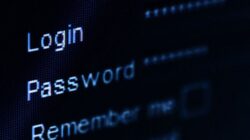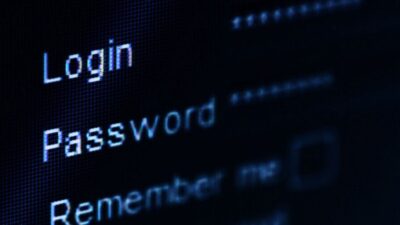With ultimate protect personal data UK at the forefront, this discussion delves into the pressing need for individuals and organizations to safeguard their sensitive information in an increasingly digital world. As technology evolves, so do the methods of data collection and potential breaches, making it essential for everyone to be informed about the best practices for protecting personal data.
The significance of protecting personal data cannot be overstated; it not only ensures compliance with legal standards but also builds trust with clients and customers. This overview will explore various aspects of personal data protection, including legal frameworks, practical strategies, and the role of technology in maintaining privacy.
In today’s rapidly evolving world, the importance of effective communication cannot be overstated. As individuals navigate personal and professional landscapes, the ability to articulate thoughts, ideas, and emotions is vital for fostering relationships, promoting understanding, and achieving success. This article delves into the various dimensions of communication, exploring its significance, types, barriers, and strategies for improvement.Communication is fundamentally the process of exchanging information, whether through verbal, non-verbal, or written means.
It serves as the foundation for human interaction, enabling individuals to share knowledge, express feelings, and collaborate towards common goals. Understanding the intricacies of communication can enhance interpersonal relationships, boost workplace productivity, and promote a more harmonious society.At its core, communication can be classified into several types, each serving unique purposes. Verbal communication, which includes spoken and written forms, is perhaps the most recognizable.
It encompasses everyday conversations, formal presentations, and written correspondence, providing a direct channel for conveying thoughts and ideas. Non-verbal communication, on the other hand, involves gestures, facial expressions, body language, and other forms of expression that can convey messages without words. This type of communication often complements verbal exchanges, offering additional context and emotional nuance.Another crucial aspect is visual communication, which employs imagery, graphs, charts, and other visual aids to convey information.
In an era dominated by digital media, the effectiveness of visual communication has gained prominence, as visuals can often transcend language barriers and enhance understanding. Additionally, technological advancements have led to the rise of digital communication, encompassing emails, social media, and instant messaging. This form of communication is characterized by its speed and accessibility, allowing individuals to connect across distances and share information instantaneously.Despite the myriad ways in which we communicate, various barriers can impede effective exchange.
These barriers may be physical, such as distance or environmental noise, or psychological, including preconceived notions and biases. Cultural differences also play a significant role, as varying norms and values can lead to misunderstandings. Furthermore, emotional barriers, such as fear or anger, can hinder open dialogue and impede connection.To overcome these barriers and enhance communication effectiveness, several strategies can be employed.
Active listening is one of the most vital skills in effective communication. It involves fully concentrating on the speaker, understanding their message, responding thoughtfully, and retaining the information conveyed. This not only fosters a sense of respect but also ensures that the listener accurately interprets the speaker’s intentions.Another strategy involves the use of clear and concise language. When communicating, especially in a professional setting, it is essential to articulate thoughts in a manner that is easily understood.
Avoiding jargon and overly complex language can facilitate better comprehension and minimize the risk of miscommunication. Additionally, providing feedback can be instrumental in ensuring that messages are received as intended. This can be achieved through paraphrasing, asking questions for clarification, or expressing appreciation for the shared information.Furthermore, developing emotional intelligence can significantly enhance communication skills. Emotional intelligence encompasses the ability to recognize, understand, and manage one’s emotions, as well as the emotions of others.
By cultivating empathy and self-awareness, individuals can navigate conversations more effectively and foster deeper connections.In the context of the workplace, effective communication is paramount for fostering collaboration and driving organizational success. Teams that prioritize open communication tend to experience higher levels of trust, engagement, and productivity. Regular check-ins, team meetings, and open-door policies can create an environment where individuals feel comfortable sharing ideas and concerns.Moreover, leaders play a crucial role in setting the tone for communication within an organization.
By modeling transparent communication practices, encouraging feedback, and valuing diverse perspectives, leaders can create a culture of inclusivity and openness. This not only promotes employee satisfaction but also drives innovation and creativity, as team members feel empowered to contribute their unique insights.In addition to improving interpersonal relationships and workplace dynamics, effective communication can have a profound impact on society at large.
In an increasingly globalized world, the ability to communicate across cultures is essential. Cross-cultural communication involves understanding and respecting diverse perspectives, customs, and communication styles. This can lead to more effective collaboration in international settings, as well as greater appreciation for cultural diversity.Furthermore, effective communication is integral to advocacy and social change. Activists and organizations that seek to raise awareness and inspire action must employ strategic communication to convey their message compellingly.
This involves crafting narratives that resonate with audiences, utilizing various communication channels to reach diverse demographics, and fostering dialogue around critical issues. By harnessing the power of communication, individuals and groups can mobilize support and drive meaningful change in their communities.In conclusion, effective communication is a multifaceted skill that plays a crucial role in personal, professional, and societal contexts. By understanding the various types of communication, recognizing barriers, and implementing strategies for improvement, individuals can enhance their ability to connect with others and convey their thoughts and ideas.
As we continue to navigate an increasingly interconnected world, the importance of fostering effective communication skills cannot be emphasized enough. Whether through verbal, non-verbal, or digital means, the ability to communicate effectively is a vital component of success and fulfillment in all areas of life.
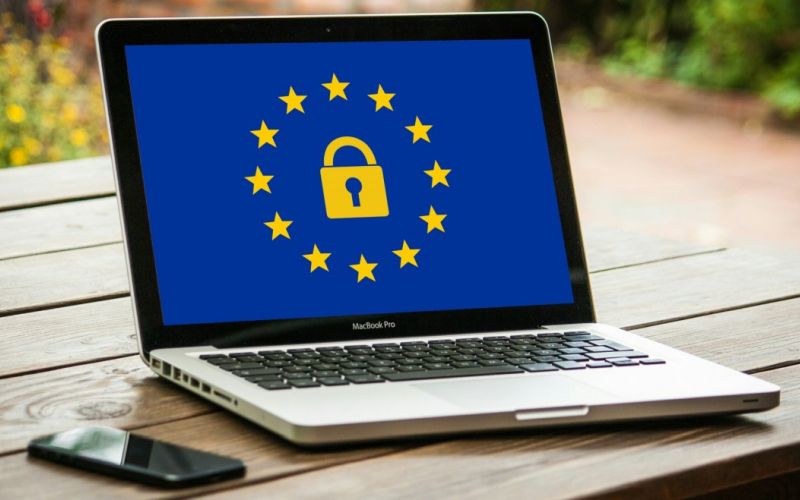
FAQ
What are my rights regarding personal data in the UK?
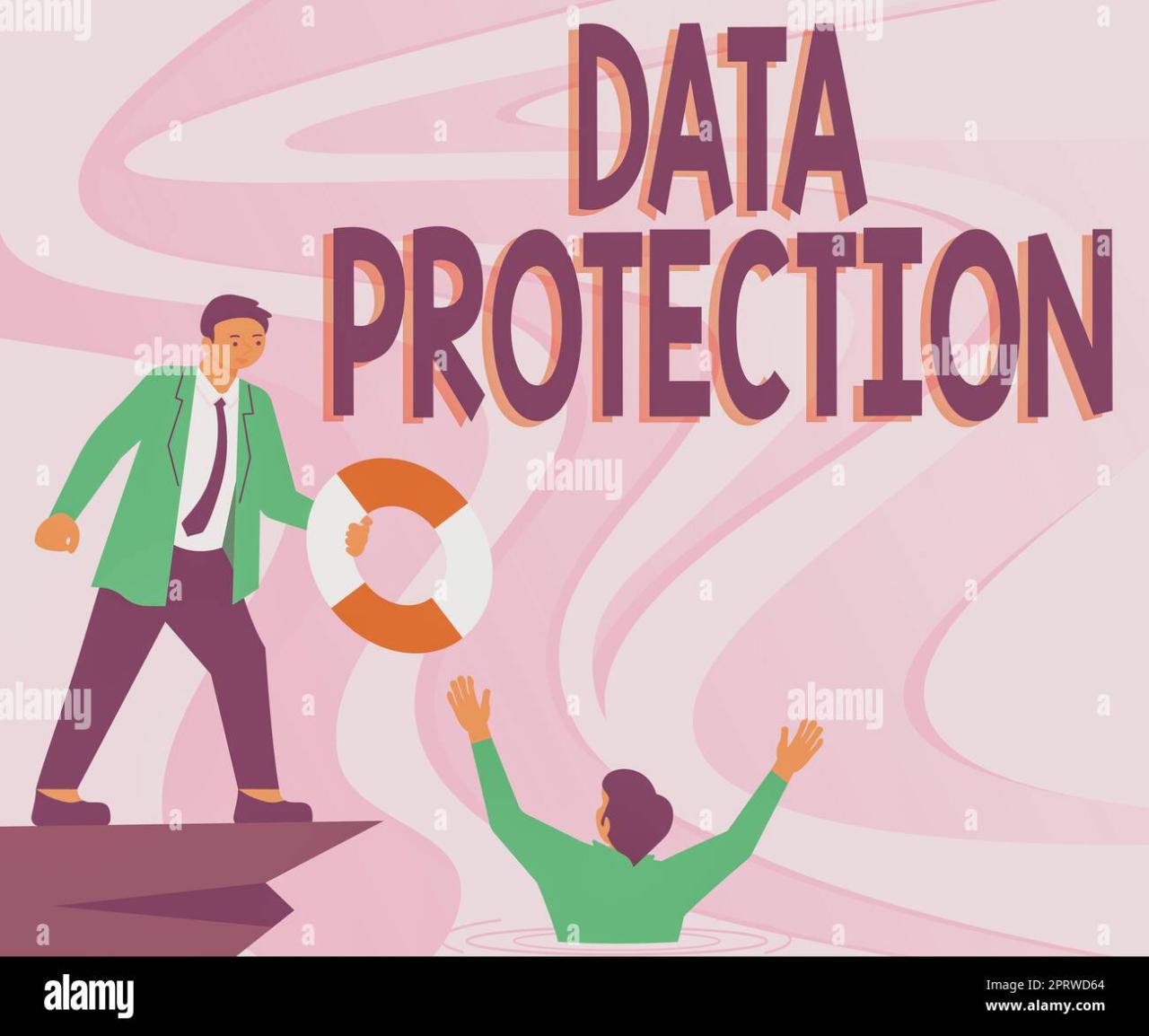
Individuals have the right to access their personal data, request corrections, and demand deletion under the UK General Data Protection Regulation (GDPR).

How can I protect my personal data online?
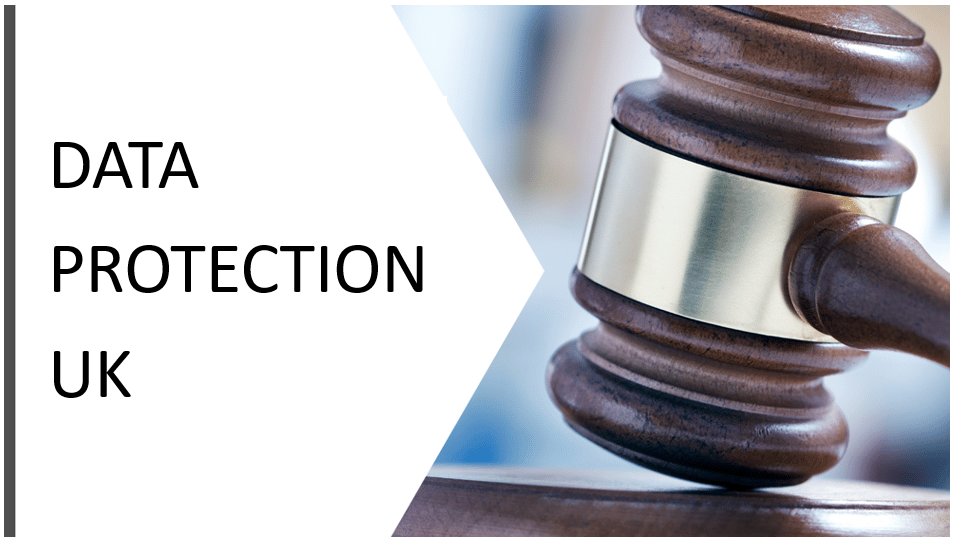
You can protect your personal data by using strong, unique passwords, enabling two-factor authentication, and being cautious about sharing information on social media.
What should I do if my personal data is compromised?
If your personal data is compromised, you should immediately change your passwords, notify your bank if financial information is involved, and report the breach to authorities.
Are there penalties for failing to protect personal data?
Yes, organizations that fail to comply with data protection regulations can face significant fines and legal repercussions.



